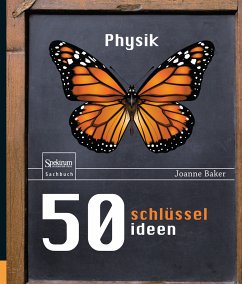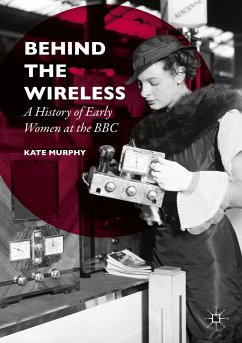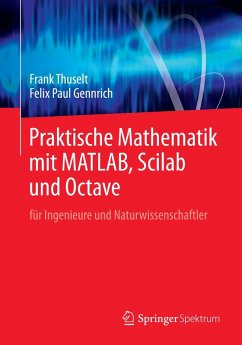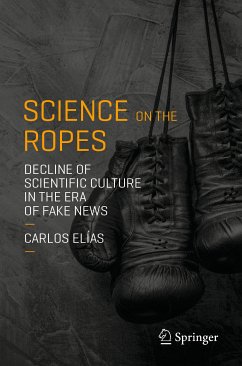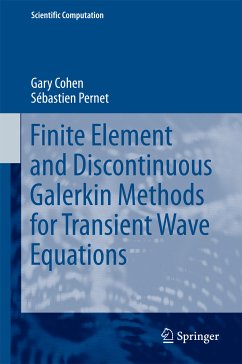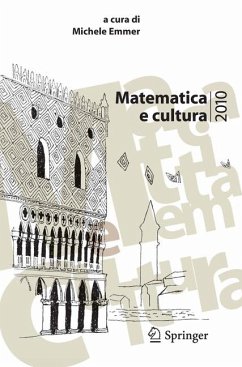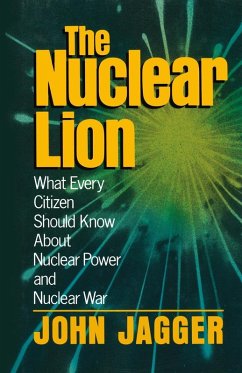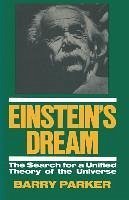
The Craft of Scientific Writing (eBook, PDF)
Versandkostenfrei!
Sofort per Download lieferbar
28,95 €
inkl. MwSt.
Weitere Ausgaben:

PAYBACK Punkte
14 °P sammeln!
Offers well-tested advice, having been used by research engineers and scientists at many national labs and universities for over twenty years
Uses scores of interesting examples to teach the principles of scientific writing
Fun to read and conversational, focusing on the stylistic traits that distinguish the best scientific writing
Has a popular accompanying website which contains many supporting materials for readers of the book and teachers using as a course text
Uses scores of interesting examples to teach the principles of scientific writing
Fun to read and conversational, focusing on the stylistic traits that distinguish the best scientific writing
Has a popular accompanying website which contains many supporting materials for readers of the book and teachers using as a course text
Dieser Download kann aus rechtlichen Gründen nur mit Rechnungsadresse in A, B, BG, CY, CZ, D, DK, EW, E, FIN, F, GR, HR, H, IRL, I, LT, L, LR, M, NL, PL, P, R, S, SLO, SK ausgeliefert werden.



